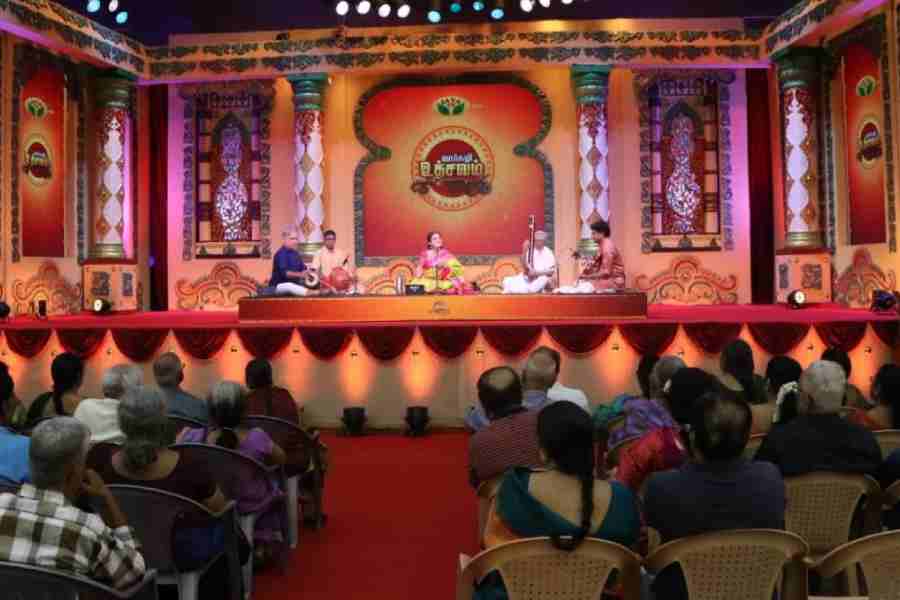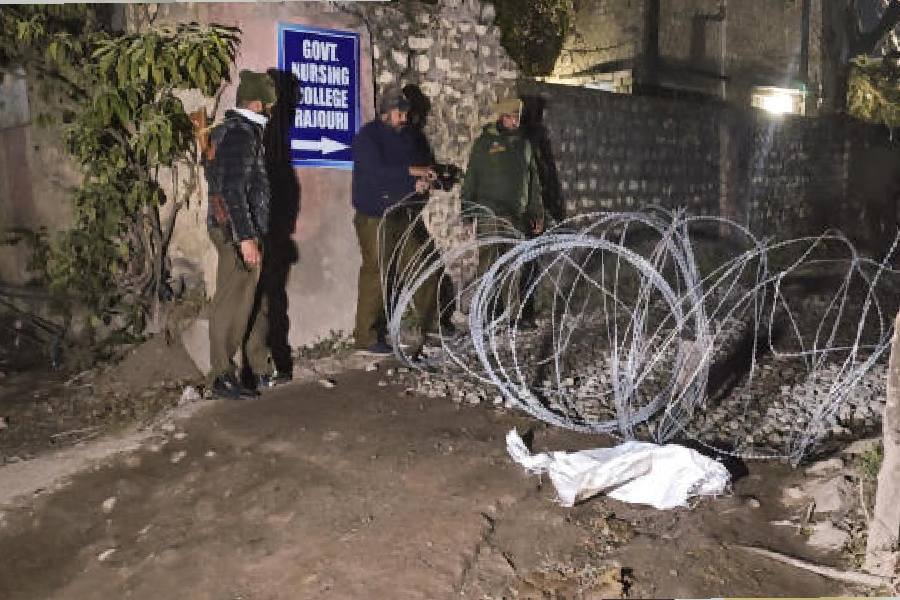A few weeks ago, at a music conference, a senior professor of the folk arts had just concluded a deeply moving presentation on a marginalised music tradition. An academic discussion about this ancient tradition is unusual, more so at a classical music conference. Music, like everything else, has been stratified and separated by social hierarchy. So the location and the audience were new to the speaker.
As the conference curator, I felt such aesthetic traditions needed to be given space in these gatherings and that this would hopefully lead to respectful interdisciplinary and cultural learning; and, if one was incurably optimistic, such interactions would lead to some degree of social harmony.
At the end of the lecture, an audience member raised a question. First, he thanked the speaker and said that he had never witnessed this artform. Next, he asked (and I paraphrase) the conference convener and me whether these artforms should find space within a Carnatic music conference since the host organisation’s objective is the advancement of Carnatic music. He called it a “paradigm shift in programming”. He argued that this conference was one of those rare platforms meant just for “pure Carnatic music”, and that these artforms already had openings in many other forums.
The convenor responded by stating that this conference had, in the past, also included lectures on diverse artforms. I made the point that the fact that the questioner had said that he had never witnessed this artform was reason enough for it to find a place ‘here’ and added that just as we want classical music to reach far and wide, it is only fair that other artforms, too, should find place on classical stages. It was also important, I said, that there is a conversation between artforms.
What bothered me most about this exchange was not just what was said. I was shocked that the individual felt it was fine to say something that, by implication, belittled a culture in the presence of an esteemed speaker, Othering and informing him directly that he was an outsider. This myopia comes from social privilege in which class and caste are intertwined. I am certain a Western scholar speaking of Gamelan music or the music of the indigenous people of Australia would never have faced this situation. Race, the accented English tongue, and Western education would have trumped everything else.
On the other hand, we had a scholar who came from a different social circle, spoke in a Tamil dialect different from ours about an artform that is scorned upon and practised by people who are forced to remain on the lower rungs of our ugly caste system. Consequently, there was no thought applied before raising the issue or discomfort while asking what was essentially a discriminatory question. I am not saying that the individual was conscious of all this but these identity markers were at play below the surface even if he did not recognise their functioning.
The reference to other platforms was also striking. It is questionable whether there are many or even enough academic sessions about these forms of music. Even if there are, they usually happen on a much smaller scale where the larger public — especially the influential social aristocracy — pay little attention to the proceedings. The audience member was, without realising it, asking these cultures to remain in such spaces. Locations and forums that are far away from the classical world. Stages where people who belong to their culture gather, not a place where the elite come together to learn more about our music!
Another underlying suggestion was that these artforms and the people who practise them do not deserve a space within the far more sophisticated classical sphere. This also means that we want to keep our musical daises ‘pure’ and untouched by other sounds — social and aesthetic. The final component in the argument that there are very few forums for classical music was a classic case of the powerful turning themselves into victims. Discussions on classical music are constantly happening; there are courses on the classical arts in universities across the globe; the media pay maximum attention to these artistic forms and artists and scholars from these domains dominate any discourse on the arts.
Classical musicians and aficionados suffer from a need to become ‘mass’ performers but, at the same time, want to remain unstained by populism. Exclusivity is the basis on which cultural power operates, yet the classical community has a voyeuristic relationship with the popular. Therefore, an academic session on film music in the same conference did not raise anyone’s hackles! But a music form practised by those on the borders and edges is treated with disdain or considered rudimentary. They do not threaten the classical with their mainstream attraction. When these artforms are featured alongside the precious ‘classical’, it is a shock to the system and is perceived as an artistic invasion.
There is also another side to this incident. When I spoke to the professor, he seemed unperturbed and brushed the incident aside. He was, I know, nervous about presenting his paper in this ‘alien’ environment. He was not sure how ‘this’ audience would accept him, his observations, or respond to the samples of the music that were presented by his collaborator. He went out of his way to structure the talk in a manner that made it easy for us to enter the distanced aesthetic-cultural form he was speaking about. He was very happy about the reception. To him, this question from a listener was just a minor thing. Maybe he expected worse and did not make much of it. Or as a friend pointed out, he is probably used to such responses in places of cultural power.
It is important for people with any kind of privilege to be aware of the intimidation we exude in our body language, the tone of our voice and vocabulary, let alone the tactless words we employ. The places that we consider ‘home ground’ emanate the same superiority just with the utterance of the postal address. When we invite people from different spheres into these spaces, we must make every effort to put aside our egos and sense of ownership. It would be most appropriate if we sit with humility, listen and learn with the realisation that we know nothing about what exists beyond our high compound walls.
But such uncomfortable encounters are inevitable because we are dealing with unevenly positioned cultures and a societal structure that ensures that each group remains bound by caste. Through these disconcerting conversations, we hope to find a common language, mutual respect and, to whatever extent possible, dismember ourselves from social groupism. Let us also not forget that other than those of us who are actively involved in designing and participating in these discussions, there are many who are watching from the sidelines and learning from our follies and missteps. Many of them are young and far wiser than us. I pin my hopes on them to build a future that is less judgemental and myopic.
T.M. Krishna is a leading Indian musician and a prominent public intellectual











